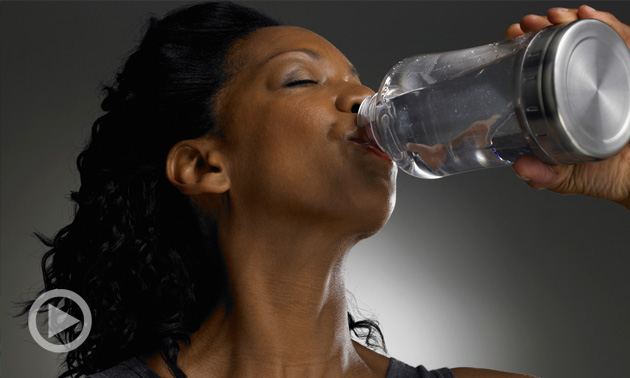Wake County Cooling Stations Reopen

The summer heat is not letting up. Wake County residents are in for triple digit heat index values for at least the next four days. With dangerously hot conditions expected today through Monday, the County will open temporary cooling stations to help residents beat the heat, especially as weekend plans take people outdoors.
“Whether you’re headed to a park, ballgame or just mowing the lawn, this level of heat can quickly become dangerous,” said Darshan Patel, emergency management operations manager of Wake County Fire Services and Emergency Management. “We encourage everyone to take advantage of the cooling centers or drop into a library this weekend to cool off, hydrate and stay safe.”
The schedule for the cooling stations is below:
Wake County Public Libraries
Friday, July 11 – Monday, July 14
Closing times for libraries vary, so visitors should check online or call their local library for site-specific information.
Regional Centers and Health and Human Services Centers
Friday, July 11 and Monday, July 14
8:30 a.m. – 5:15 p.m.
Regional Centers and Health and Human Services Centers are not open during the weekend.
- Wake County Health & Human Services, 220 Swinburne St., Raleigh
- Departure Regional Center, 5809 Departure Drive, Raleigh
- Eastern Regional Center, 1002 Dogwood Drive, Zebulon
- Northern Regional Center, 350 E. Holding Ave., Wake Forest
- Southern Regional Center, 130 N. Judd Parkway NE, Fuquay-Varina
- Western Health & Human Services Center, 111 James Jackson Ave., Cary
Sites that are not normally open to the public, such as EMS stations, fire stations and county fleet maintenance buildings, will not be available as cooling stations.
Staying Safe in Extreme Heat
Adults older than 65, children younger than 4, people with existing medical conditions and those without access to air conditioning are at the greatest risk on days with high temperatures. Drinking plenty of water and staying out of the sun are critical precautions. People should also check on their neighbors who may be at high risk and ensure they have access to heat relief and hydration.
To stay safe and cool during extreme heat, residents are encouraged to:
- Stay indoors in air-conditioned spaces as much as possible and limit exposure to the sun.
- Dress in loose-fitting, lightweight and light-colored clothes that cover as much skin as possible.
- Familiarize themselves with the medical conditions that can result from over-exposure to heat, including heat exhaustion and heat stroke.
- Avoid strenuous work during the warmest part of the day. Use a buddy system when working in extreme heat and take frequent breaks.
- Never leave children or pets alone in closed vehicles.















